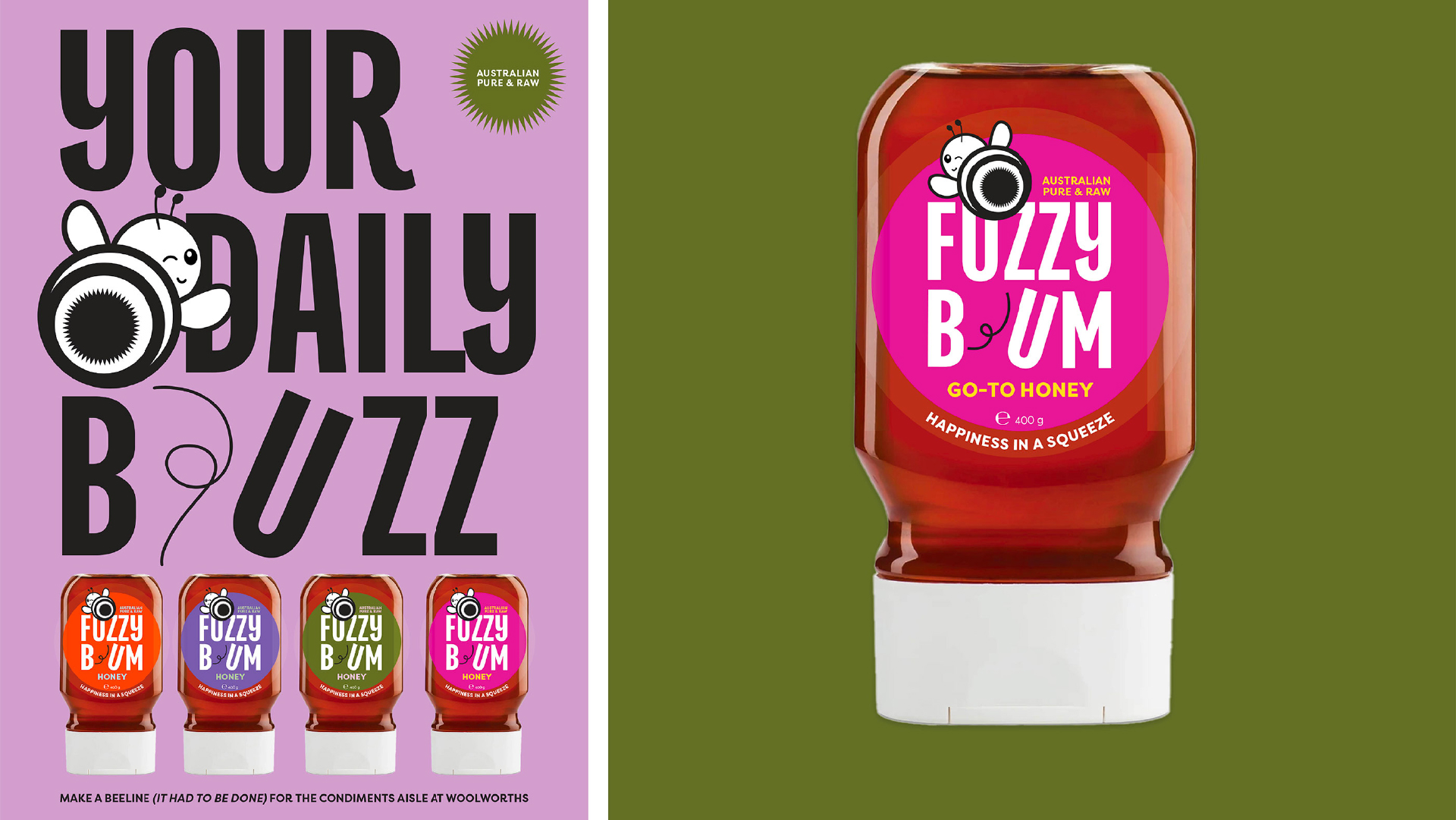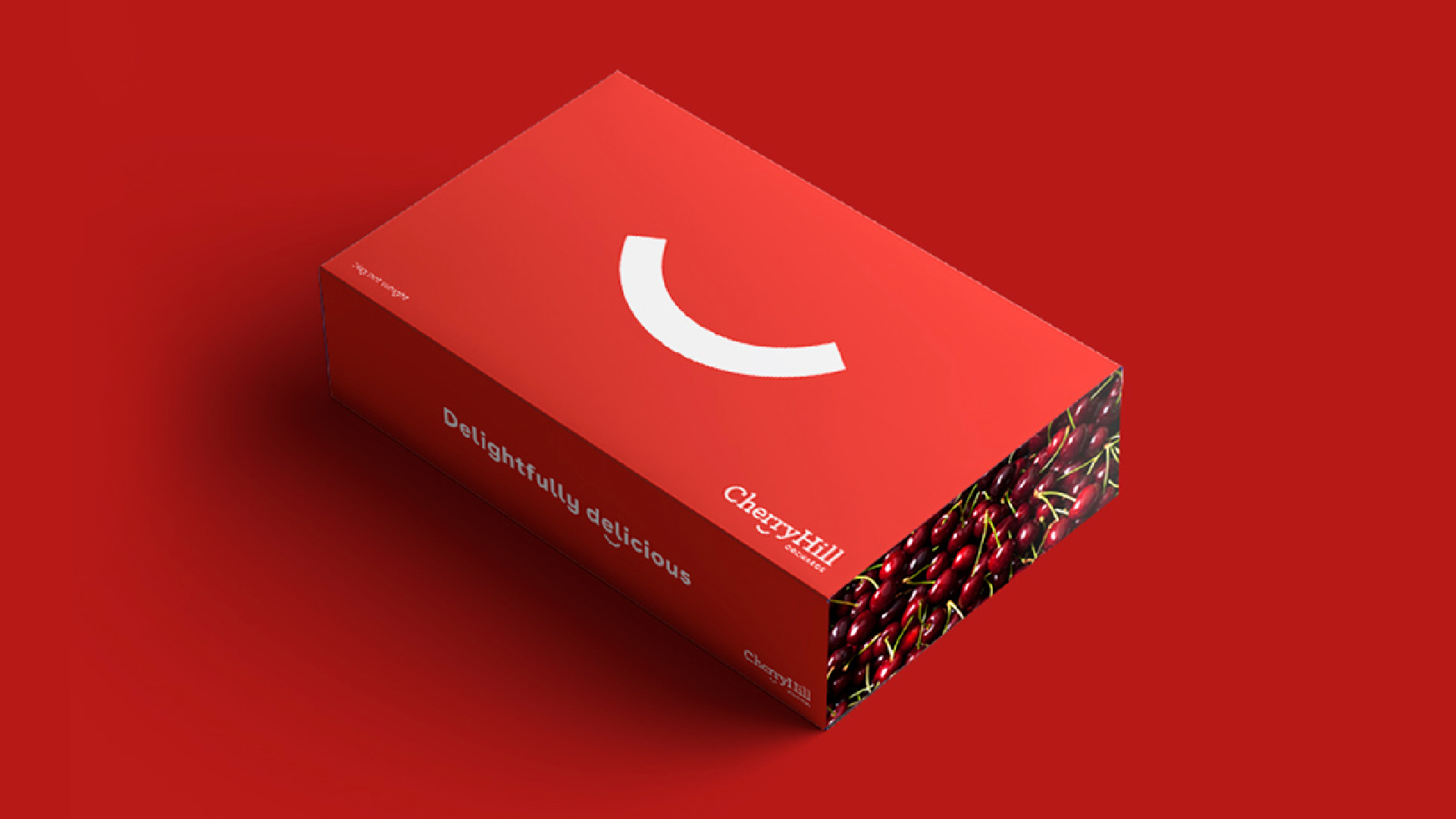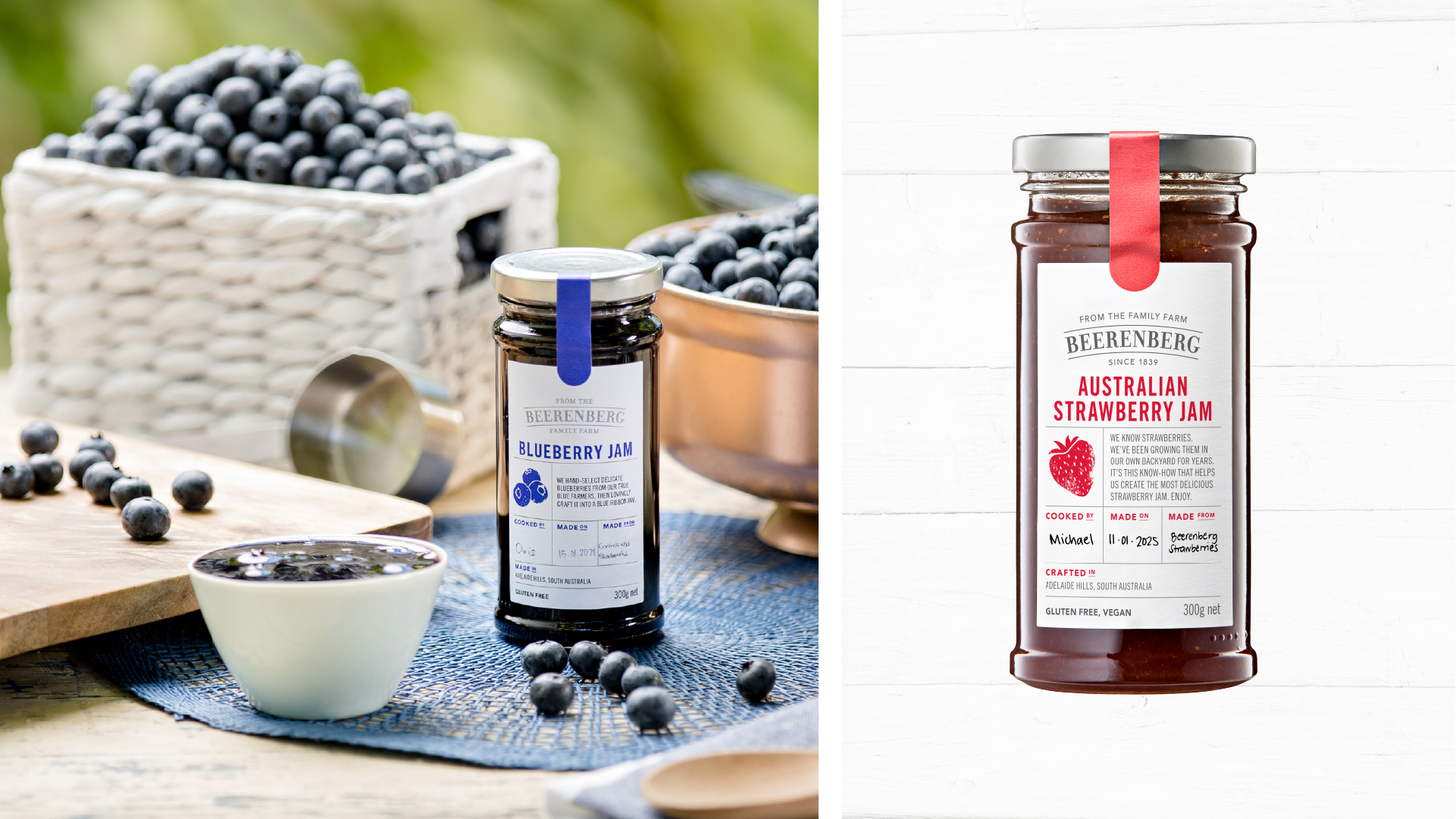The rise of grower-led brands: Why storytelling and strategy matter
Concepts like farm-to-table and paddock-to-plate have shaped our palates and purchasing behaviours for years. Now, consumers are asking for even more. They want to know exactly where their food comes from, who’s behind it, and how they can support the people driving the process. Sustainability and ethical farming aren’t just buzzwords – they’re shaping the future of food.
And local food producers, makers and growers are stepping up and moving from wholesale only, to building consumer-facing brands. They’re owning their stories, products, and sales channels, and deciding how they’re presented to the world. It’s a bold move transforming the landscape of the food and beverage industry, and a driver of many of our projects.
At the heart of this movement is brand. It’s what turns a farm into a destination, a product into a story, and a producer into a household name. In an industry where trust and transparency are everything, brand isn’t just a marketing tool, but a bridge between producers and the conscious consumers seeking more than just good food. They’re looking for connection, values, and a reason to purchase.
WHAT CUSTOMERS WANT
Australian consumers are more invested than ever in prioritising local produce and sustainable food choices and are willing to pay a premium. An overwhelming 96% of Australian shoppers engage in sustainable practices, and 42% are open to paying more for sustainable choices.
Growers who understand this are stepping up in a big way. From food packaging that speaks to provenance, to branding that connects with conscious consumers, they’re proving that success isn’t just about the product. It’s about the entire experience. A strong brand transforms a simple purchase into a meaningful connection, turning one-time buyers into loyal advocates.
BRANDS LEADING THE WAY
Some brands are already mastering this shift, using strategic branding to cut through the noise and create real impact. They’re not just selling food, but a philosophy and way of life. These brands have leveraged the power of storytelling, design, and values-driven marketing to build deeper relationships with consumers, setting a new standard for the industry.
Here’s how Tiny Hunter has helped a few of them, alongside a few other industry standouts we love that are leading the way.
PERFECTION FRESH
Perfection Fresh is a pioneer in branding fresh produce. They began as a fresh produce wholesaler in 1978 but saw the potential to create value beyond supply, starting with Broccolini® in 1999. Today, they’re household favourites for other branded lines like Qukes® baby cucumbers and Calypso® Mangoes, and a leader in premium produce. Their approach over the years has combined strategic branding and packaging, consumer education, and retail partnerships to build recognition in a traditionally unbranded space.
FUZZY BUM (DUXTON BEES)
Duxton Bees came to Tiny Hunter with a clear goal – to create a lovable Aussie brand that champions 100% local honey while leading the fight to protect endangered pollinators and promote sustainable bee production.
The result is Fuzzy Bum, a playful, vibrant brand that celebrates the bees and the pure goodness of Australian honey. The name needed to be fun and memorable to set it apart from its competitors. What better way to do this than to hone in on a unique attribute – their “fuzzy bums”.
The brand identity bursts with personality: bold typography, playful graphic illustrations, and a colour palette inspired by Australian native flowers to make consumers stop and smile.

MOUNT ZERO OLIVES
Mount Zero Olives started as a family-owned olive grove in Victoria’s Grampians and has built a strong brand around sustainable farming and ethical production. They’ve successfully moved beyond just supplying bulk olives and olive oil to restaurants and retailers, creating a premium brand with packaging, storytelling, and direct consumer engagement that sets them apart in a competitive market. Their focus on biodynamic farming and local provenance has resonated with conscious consumers looking for quality and sustainability.
CHERRY HILL ORCHARD
A third-generation family business, CherryHill Orchards has been growing Australia’s finest cherries for 75 years. With plans for expansion in both domestic and export markets, they approached Tiny Hunter for a rebrand that could seamlessly adapt across their diverse offerings – fresh cherries, cherry drinks, and immersive cherry-picking experiences.
The new identity captures the essence of cherries—pure joy. A bold, juicy red takes centre stage, paired with a smile graphic that reflects the taste and emotions cherries evoke. The tone of voice drives this further, with quirky headlines and copy reinforcing the sheer delight of cherries. A simple, striking colour palette and clear guidelines ensure consistency across all touchpoints.

PERINO TOMATOES
Produced by Costa, Australia’s leading grower, packer, and marketer of fresh produce, Perino® was a popular snacking tomato but lacked strong brand awareness. In 2020, Costa underwent a brand refresh to differentiate Perino in the market, drive consumer recognition, and position it as the go-to choice in the premium snacking tomato segment. Today, Perino® is a leading variety, stocked exclusively in Coles supermarkets nationwide.
BEERENBERG
Beerenberg is a standout example of a local grower evolving into a strong consumer brand. This family-owned business that started through selling in farmer’s markets, has become known for its iconic high-quality jams, marinades and sauces made from ingredients grown on their farm in the Adelaide Hills.
Beerenberg partnered with Tiny Hunter to redefine their brand identity, capturing the essence of their origin story and setting the stage for national and international growth. Post-rebrand, Beerenberg saw a 30% surge in overall sales, and subsequent work specifically within the jam category saw a further 20% boost across jam SKUs, with new packaging that caught the eye (and hearts) of shoppers everywhere. The new identity also secured expanded distribution in both Woolworths and Coles.

MEREDITH DAIRY
Meredith Dairy is one of Australia’s most iconic dairy brands, celebrated for its premium cheeses. Their branding is a true reflection of the farm’s heritage, quality, and craftsmanship. The clean, rustic design of their packaging evokes a sense of authenticity, while their messaging emphasises ethical farming practices and sustainable sourcing.
THE FUTURE IS BRIGHT (AND BRAND-LED!)
As the food and beverage industry evolves, the opportunity for growers, makers and producers to take control of their brand and distribution is only increasing. Those who invest in branding, packaging, and consumer engagement are setting themselves apart, creating value not just in their products but in their stories, practices, and direct connection with consumers.









